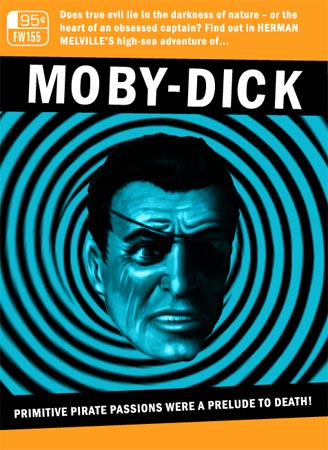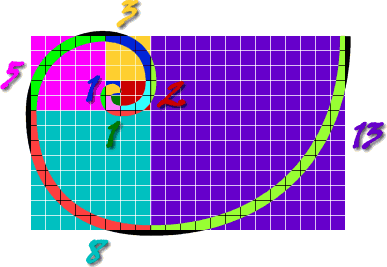Other Things to Point Out
In other news:
- From Xooglers, the blog for ex-Google employees, here's part two of the story of Google's idea to have Scott 'Dilbert' Adams design some logos for them. Also, here's a Boston Globe story from today on why Google makes others nervous.
- Two articles in particular caught my attention on A&LD recently. Here's a BBC article on philosophical issues raised in The Simpsons. Of course, such reflections are not new, given that we can opt to read The Simpsons and Philosophy, The Gospel According to The Simpsons, The Simpsons and Psychology, The Simpsons and Society, and The Simpsons and ??? (yet to be published). BBC excerpt: Another reason why cartoons are the best form in which to do philosophy is that they are non-realistic in the same way that philosophy is. True heir to Plato, Philosophy needs to be real in the sense that it has to make sense of the world as it is, not as we imagine or want it to be. But philosophy deals with issues on a general level. It is concerned with a whole series of grand abstract nouns: truth, justice, the good, identity, consciousness, mind, meaning and so on. Cartoons abstract from real life in much the same way philosophers do. Homer is not realistic in the way a film or novel character is, but he is recognisable as a kind of American Everyman. His reality is the reality of an abstraction from real life that captures its essence, not as a real particular human who we see ourselves reflected in.
- Arts & Letters also pointed to this John Derbyshire article on Jules Verne, identifying Monsieur Verne as the father of techno-fiction, rather than science fiction. Excerpts: You could make a case, in fact, that Verne was not really interested in science at all but merely its technological applications. Certainly he was a magpie for curious technological and biological factlets, and had a fairly good head for numbers. The imaginative side of science, though—the side that actually propels science forward—was a thing he had no acquaintance with. I am sure he would have been baffled by Vladimir Nabokov’s remark about “the precision of the artist, the passion of the scientist.” The great pure-science advances of his time made no impression on him. I do not know of anything in Verne’s works that would be different if Maxwell’s equations had not appeared in 1865... ...Though a gifted storyteller, certainly in his early years, Verne had not sufficient powers of imagination, or scientific understanding, to rise to true science fiction. Here the contrast with his much younger (by 39 years) competitor for the “father of science fiction” title, H. G. Wells, is most striking. The concept of a fourth dimension, for example, first took mathematical form in the 1840s. By 1870 it was, according to the mathematician Felix Klein, part of “the general property of the advancing young generation [of mathematicians].” Wells grasped the imaginative power of this notion and used it to produce one of the greatest of all science fiction stories, The Time Machine (1895). Verne never used it at all, and would probably have found the notion of a fourth dimension absurd. I remember watching a conversation between Arthur Schlesinger, Jr. and Jacques Barzun one time on C-Span in which they compared and contrasted the lives and works of Wells and Verne. (Interesting that Wells, the great imaginer of the abstract, was the one who thought world socialism would just be nifty.) Also, I love this citation: Writing of another specimen, Charles Reade’s Foul Play, which was published five years before The Mysterious Island, George Orwell remarked: “Some desert-island stories, of course, are worse than others, but none is altogether bad when it sticks to the actual concrete details of the struggle to keep alive. A list of the objects in a shipwrecked man’s possession is probably the surest winner in fiction, surer even than a trial scene.” Verne’s castaways have one of the shortest such lists: the clothes they are wearing, a single match, two watches, the dog’s metal collar, and one grain of wheat.

























